Ryder Cup: Will selfish players harm Europe's chances?
- Published
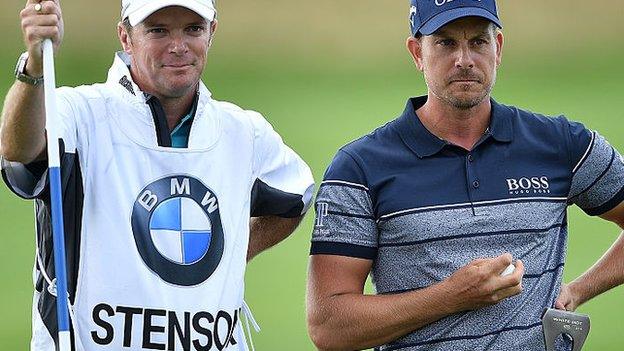
Despite McIlroy and Masters champion Willet appearing at the French Open, other big names have stayed away
The European Tour have thrown everything at bolstering this week's centenary French Open but with only partial success which, along with the latest Olympic withdrawals, serves to highlight the selfish nature of professional golfers.
Players' instincts are to do whatever is best for them. Even rigging the Ryder Cup qualifying process to lure more stars to Paris is not enough for some to change schedules.
Yes, the French Open field can boast four times major winner Rory McIlroy and Masters Champion Danny Willett, but the likes of Sergio Garcia, Justin Rose and last week's victor in Germany, Henrik Stenson are absent.
This must be a source of disappointment to the Tour and it's chief executive, Keith Pelley. After all, they have compromised the integrity of Ryder Cup qualifying in trying to produce the strongest possible field.
Points earned at Le Golf National will be doubled for the tables that determine the European team that defends the trophy at Hazeltine this September. The winner receives 64 points on the world ranking list and a million points on the European list.
The leading four players on the order of merit based European table and the top five from the world ranking standings create the nine automatic qualifiers.
Furthermore, for the first time there are no points on offer at the World Golf Championships event in Akron, Ohio which is also being played this week.
This is the European Tour standing up to its more powerful American counterparts, but at what cost?
They have played politics against the PGA Tour and with the qualifying tables but Darren Clarke's line up may be adversely affected.
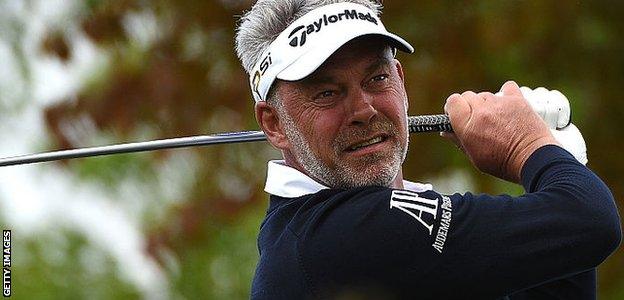
Ryder Cup captain Darren Clarke will hope his team selection is not hindered by Tour politics
If Ireland's Shane Lowry were to successfully defend his WGC title he would receive no qualifying credit despite beating a higher ranked field than whoever wins the French Open.
The same goes for Rose, Scotland's Russell Knox, Sweden's David Lingmerth and Soren Kjeldsen, of Denmark.
It is fair to say Clarke would want players capable of winning tournaments headlined by the likes of Jason Day and Jordan Spieth in his team. In his heyday, it was winning these sort of events that helped make the captain a fixture in the Ryder Cup team.
Of course, the skipper will take due note and successful Europeans in Ohio would do their chances of a wildcard pick no harm at all. But this might mean Clarke having to use a pick on someone who would otherwise have qualified automatically.
There is something rather unsettling about manipulating the qualification process for a mainstay as important as the Ryder Cup to boost a single tournament.
But the Tour clearly felt it was necessary to ensure the French Open did not suffer unduly when a World Golf Championships event was scheduled at the same time.
This clash was brought about because of golf's return to the Olympics. It meant there was no room for the WGC in its usual early August slot between the Open and PGA Championship.
And here is another area where players are putting themselves first rather than their sport.
The growing list of Rio absentees from the men's tournament is threatening to undermine the credibility of golf's regained Olympic status.
McIlroy's withdrawal from the Irish team because of his fears over the Zika virus was swiftly followed by South African Branden Grace. They join Vijay Singh, Marc Leishman, Adam Scott, Louis Oosthuizen and Charl Schwartzel in choosing to stay away.
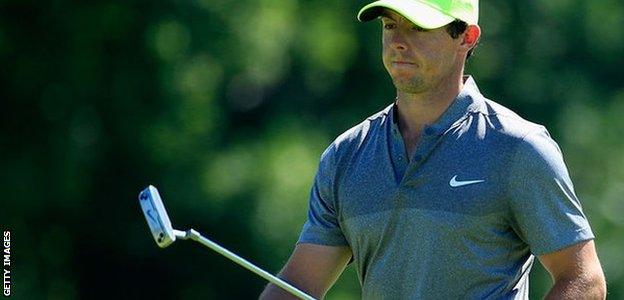
After pulling out of the Rio Olympics, McIlroy said that "my health and my family's health comes before everything else".
It is hard to criticise anyone who cites health fears, especially Leishman whose wife has a compromised immune system following serious illness last year.
However it does feel as though the male golfers are out of step with pretty much the rest of the Olympic movement despite assurances that the Zika threat is low.
The tournament takes place in winter when there are few mosquitoes and the course is close to the sea which again minimises the threat.
Members of the International Olympic Committee will not be impressed when they assess golf's right to stay in the Games next year. "I think it is appalling," Canadian representative Barry Maister told a New Zealand radio station.
"Once they've got in, they have got to deliver. Just getting in with your name, and then putting up some second or third rate players, is so far from the Olympic ideal or the expectation of the Olympic Movement.
"The Olympics is about the best, and they pledged the best. Quite frankly, any sport that cannot deliver its best athletes, in my view, should not be there."
Significantly, no women have withdrawn from the Olympics. They are the ones in most need of the exposure the Games will provide.
By turning up to play they are acting in their own best interests and in that regard they are no different to their male counterparts.
- Published27 June 2016
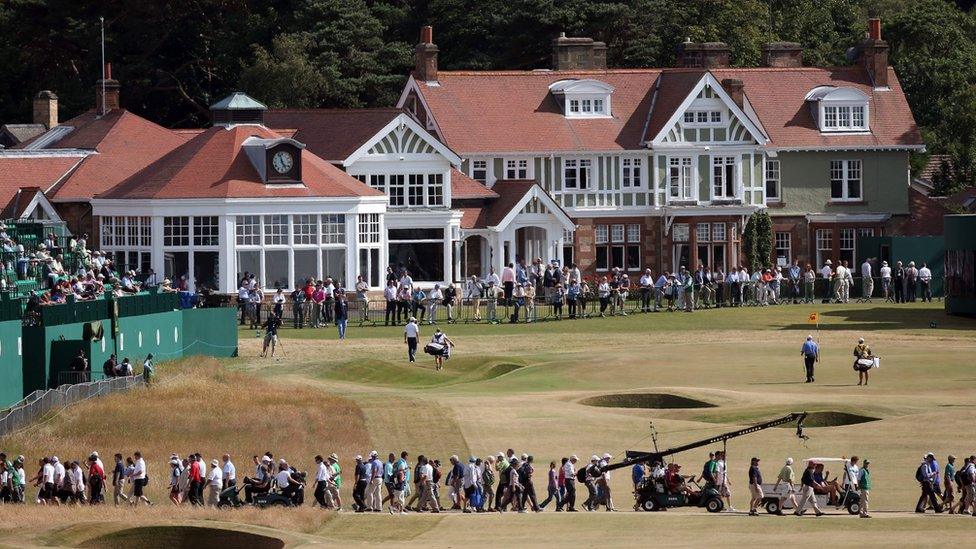
- Published26 June 2016
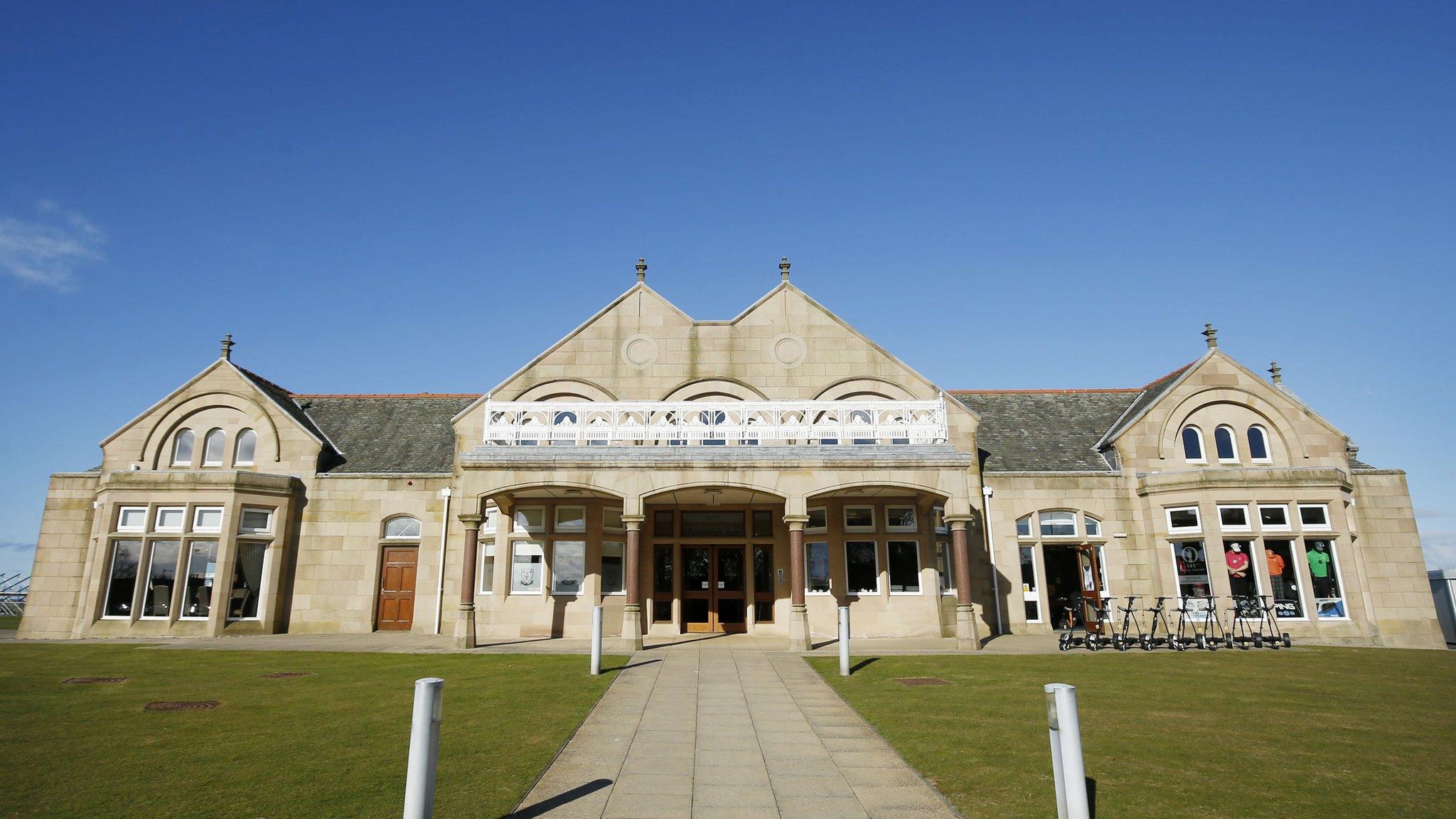
- Published25 June 2016
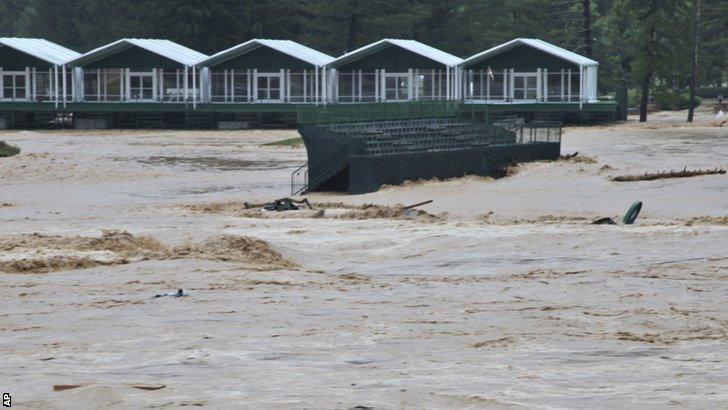
- Published24 June 2016
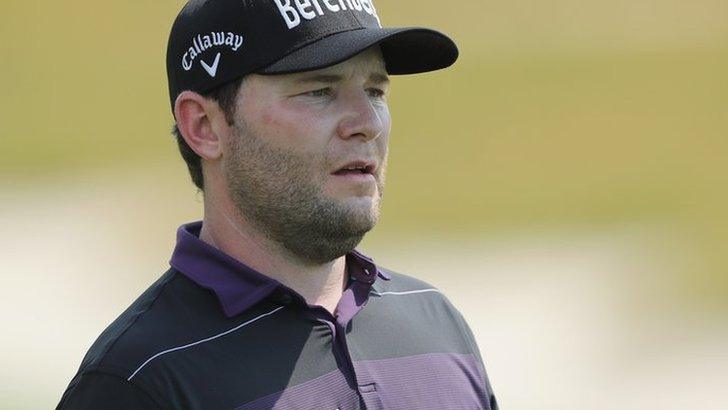
- Published28 September 2018
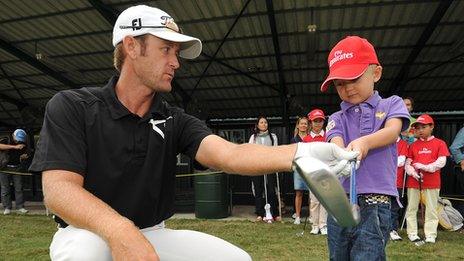
- Published13 May 2016

- Published19 July 2016
